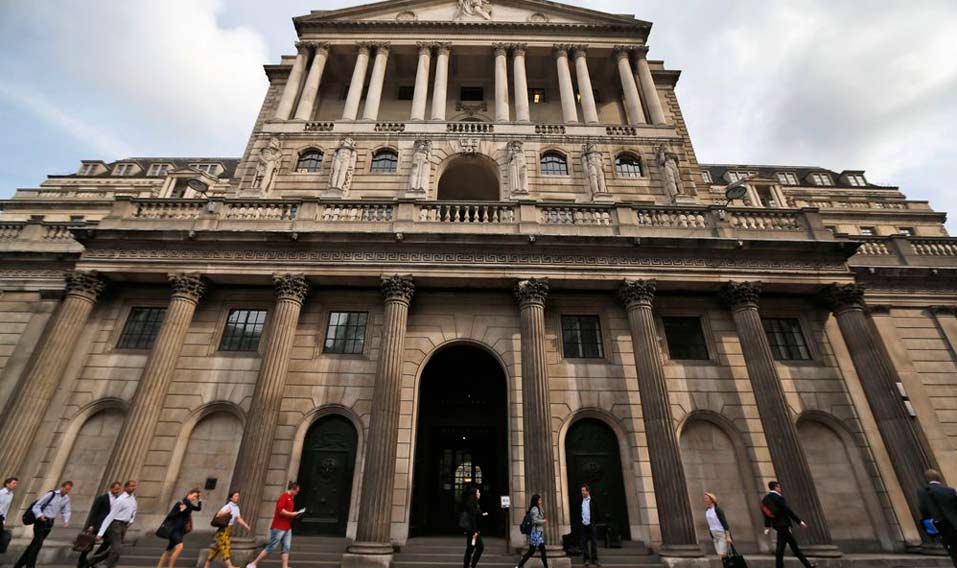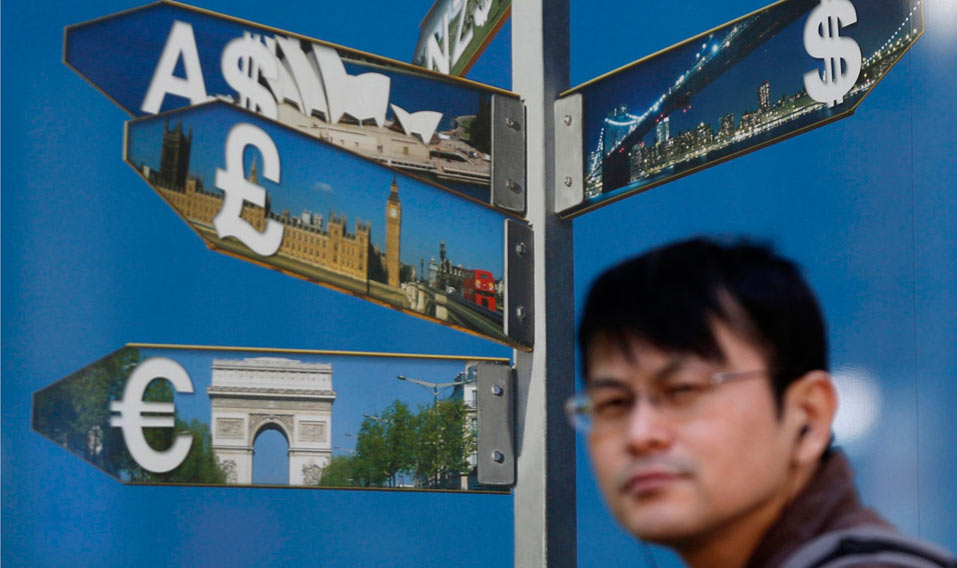The British pound has bounced back against the US dollar, regaining a part of its loss from its chaotic Asian trading. The value of sterling against the dollar rallied to $1.2267 after it hit rock bottom at $1.1841. The pound plummeted 6.1 per cent against the US dollar to a 31-year low at October 7 early morning trade in Hong Kong, when the UK traders were fast asleep and after the US market had closed.
Reacting to the pound plunge, the stock market index, FTSE 100, surged by 28 points—the two are known to move in opposite directions. Pound-dollar trade,they being the third most traded pair currency, has a major impact on global finance. The Bank of England governor Mark Carney has asked for an inquiry into the 'flash crash' that sent shock waves across the markets.
Cause of the crash
Analysts talk of three possible reasons for causing the meltdown—it is still unclear which one actually caused the shake out. Fears of Brexit have been in the air since Britain voted its way out of the European Union. A gradual decrease was expected as Britain would stand to lose its free access to the world's biggest market. There was an 11.1 per cent plunge on June 24 after the Britain’s vote to leave the EU. The pound has been susceptible to a highly volatile market after the British Prime Minister Theresa May hinted at a possible 'hard' Brexit.
But what would have triggered this sudden drop? A typo, called 'fat finger' error—a trader unwittingly entering a wrong figure to make an order—may be responsible for this turmoil.
Others have put the blame on computer programmed algorithmic trading, a software intended to help traders work faster and efficient. The automated trading will be based on inputs of previous trades, news headlines from websites and feeds from social media. Algorithmic trading, or black box trading as it known, can surpass human limitations in decision-making owing to emotions and special interests. However, algorithm can read the data out of context without human involvement. That means a rogue algorithm can end up in hyper-fast rallies and crashes in the market.
Probably the flash crash was triggered by a report published in the Financial Times. French President Francois Hollande said he wanted to see tough negotiations with the UK over Brexit. “The UK has decided to do a Brexit, I believe even a hard Brexit. Well, then we must go all the way through the UK’s willingness to leave the EU,” Hollande said. The sell-off began soon after the Twitter-reading algorithms picked up the tough remark by the French president. In just two minutes, the pound tumbled sharply in Asia.
 Bank of England in London's City financial district. File photo: AP
Bank of England in London's City financial district. File photo: AP
Gainers and losers
A weaker pound can help exporters sell British goods overseas at a competitive price. Domestic tourism may thrive as more foreign tourists will find British holidays more affordable because of the exchange rate. At present British tourism provides three million jobs and is one-eleventh of the Gross Domestic Product.
As the purchasing power of sterling falls, any imported items will be costlier. In Britain, the prices of petroleum products and food will rise further. British holidaymakers and tourists will feel the pinch—they have to carry more pounds abroad as they will get only fewer dollars or euros in exchange.





